Write It Again

The author of Took House explores what happens when poets permit themselves to write about the same subject multiple times.
Jump to navigation Skip to content
In our weekly series of craft essays, some of the best and brightest minds in contemporary literature explore their craft in compact form, articulating their thoughts about creative obsessions and curiosities in a working notebook of lessons about the art of writing.

The author of Took House explores what happens when poets permit themselves to write about the same subject multiple times.

The author of Took House explores the importance of “strangeness” in poetry and offers a method for capturing this quality by combining two different draft poems.

The author of Took House explores a kinder approach to revision, in which language cut during one editorial process may be saved as material for a new writing project.
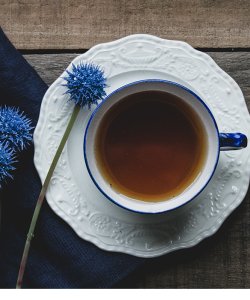
The author of [WHITE] explores the benefits of writing to a specific audience and the risks of trying to meet the market’s imagined demands.
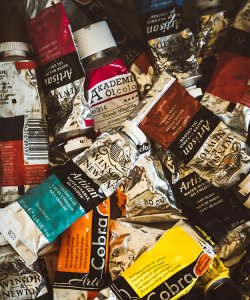
The author of [WHITE] considers how writers might take inspiration from visual artists in their approach to revision, pushing beyond surface editing to “see” their work afresh.
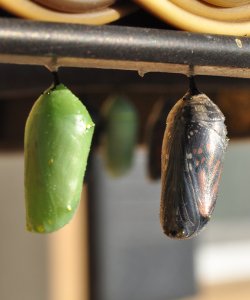
The author of [WHITE] explores how writing outside one’s primary genre can lead to literary breakthroughs.

The author of [WHITE] shares how experimenting with found texts can energize the poetic process and expand a poet’s lyric repertoire.

The author of Country of Origin looks back on the fifteen years she spent working on her debut novel.
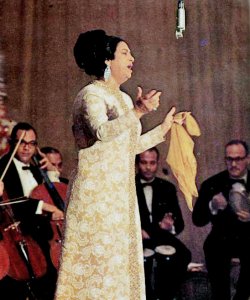
The author of Country of Origin listens to old-school Arabic music to help her render the mood of Egypt at the dawn of the postcolonial period.

The author of Country of Origin muses on the transporting power of photographs.

The author of Country of Origin reflects on finding her people in Austin, Texas.

The author of Eleutheria explores how setting can tell a story.

The author of Eleutheria looks beyond the construct of man vs. nature.

The author of Eleutheria considers the literary value of the human instinct to look for faces everywhere.

The author of Eleutheria uses ecological principles to guide her writing.

The author of Nobody’s Magic considers what happens when you lust after your own characters.

The author of Nobody’s Magic reflects on writing in African American Vernacular English.

The author of Nobody’s Magic shares lessons from writing an unlikable nonnormative character.

The translator of Migratory Birds and Permafrost shares how growing up between different languages and countries has led her to challenge conventional wisdom about the art of translation.

The translator of Migratory Birds and Permafrost expresses the limits of translation when it comes to culturally specific institutions and terms.

The translator of Migratory Birds and Permafrost uses Google Maps to immerse herself in the settings of her translation projects.

The author of I’m Not Hungry but I Could Eat revels in writing about food and the varied contexts surrounding its consumption.
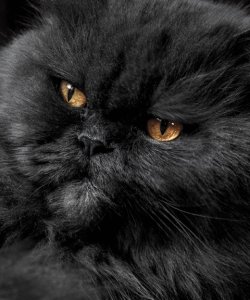
The author of I’m Not Hungry but I Could Eat leverages his intrusive thoughts from pet sitting for fiction.

The author of I’m Not Hungry but I Could Eat shares the evolution of his thinking on how to represent bisexuality and queerness in fiction.

The author of I’m Not Hungry but I Could Eat seeks to write fat characters for whom fatness is not always an immediate concern.